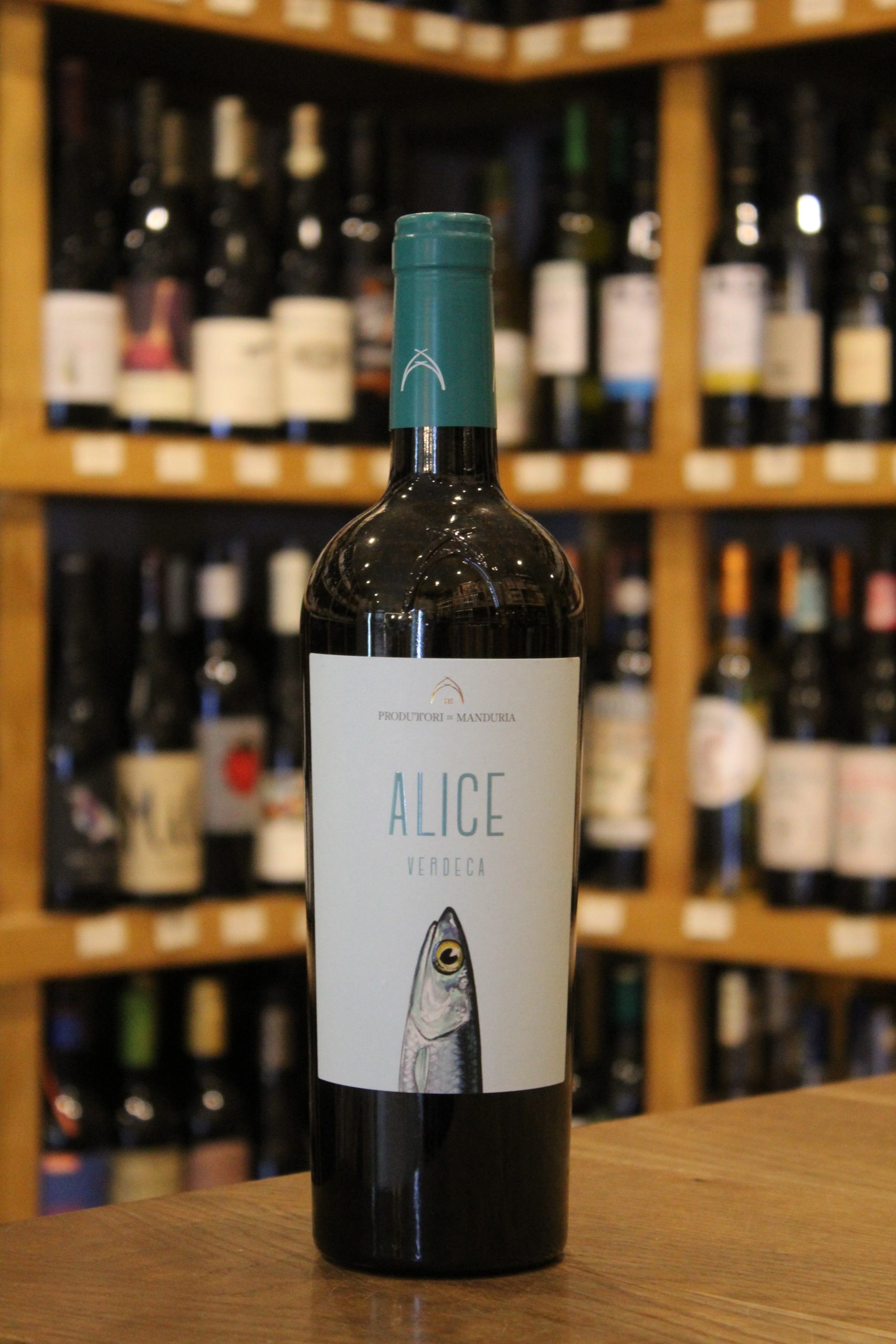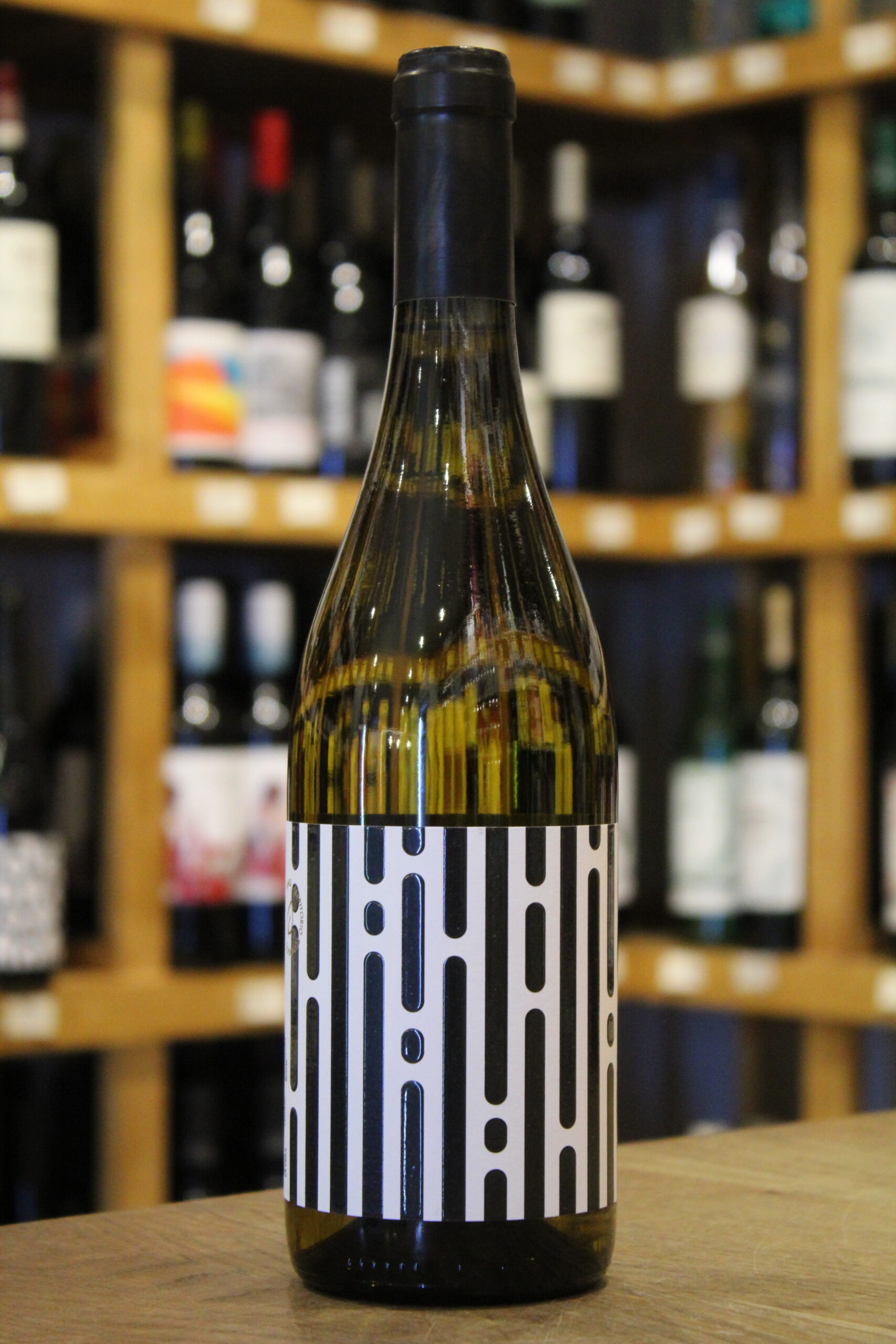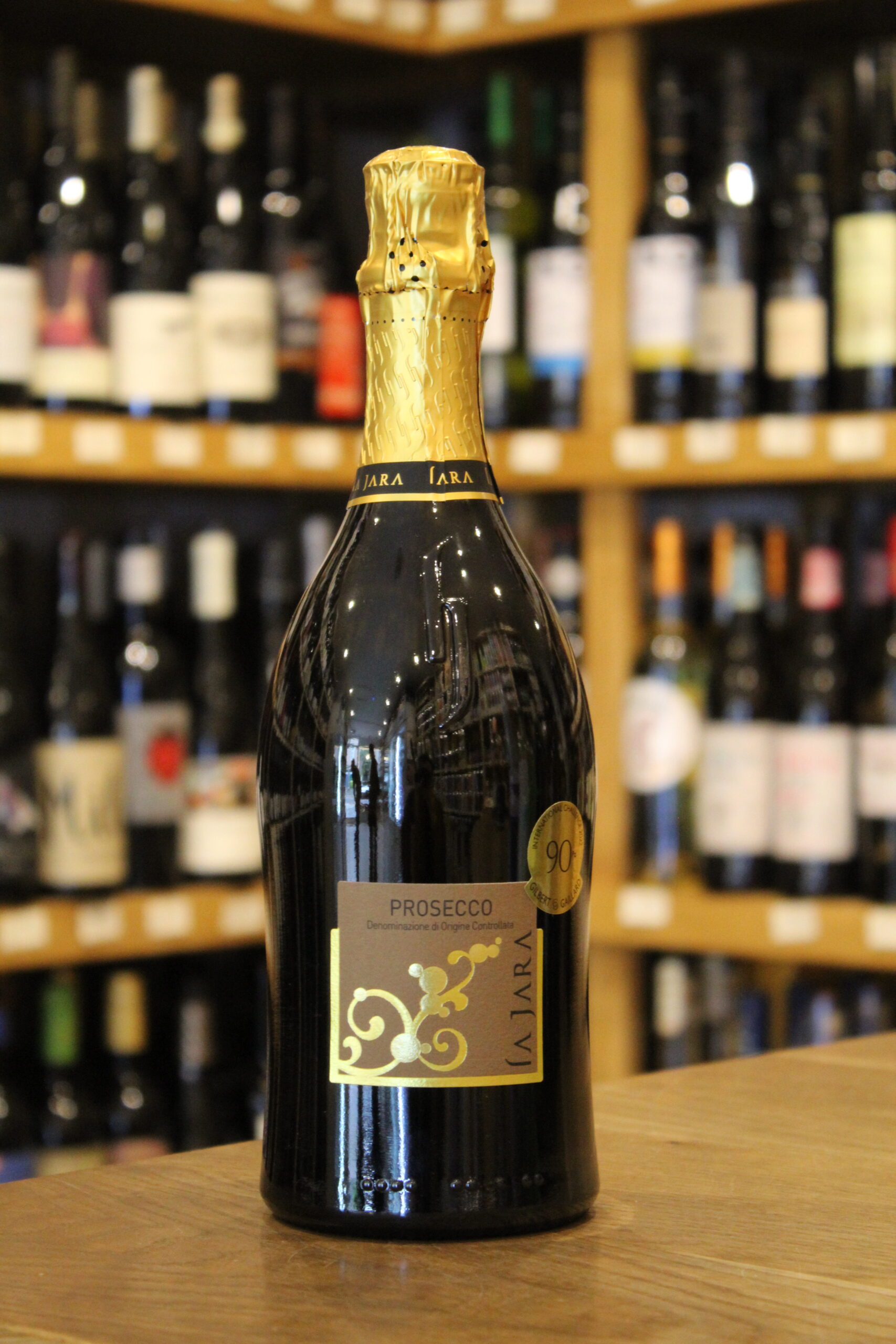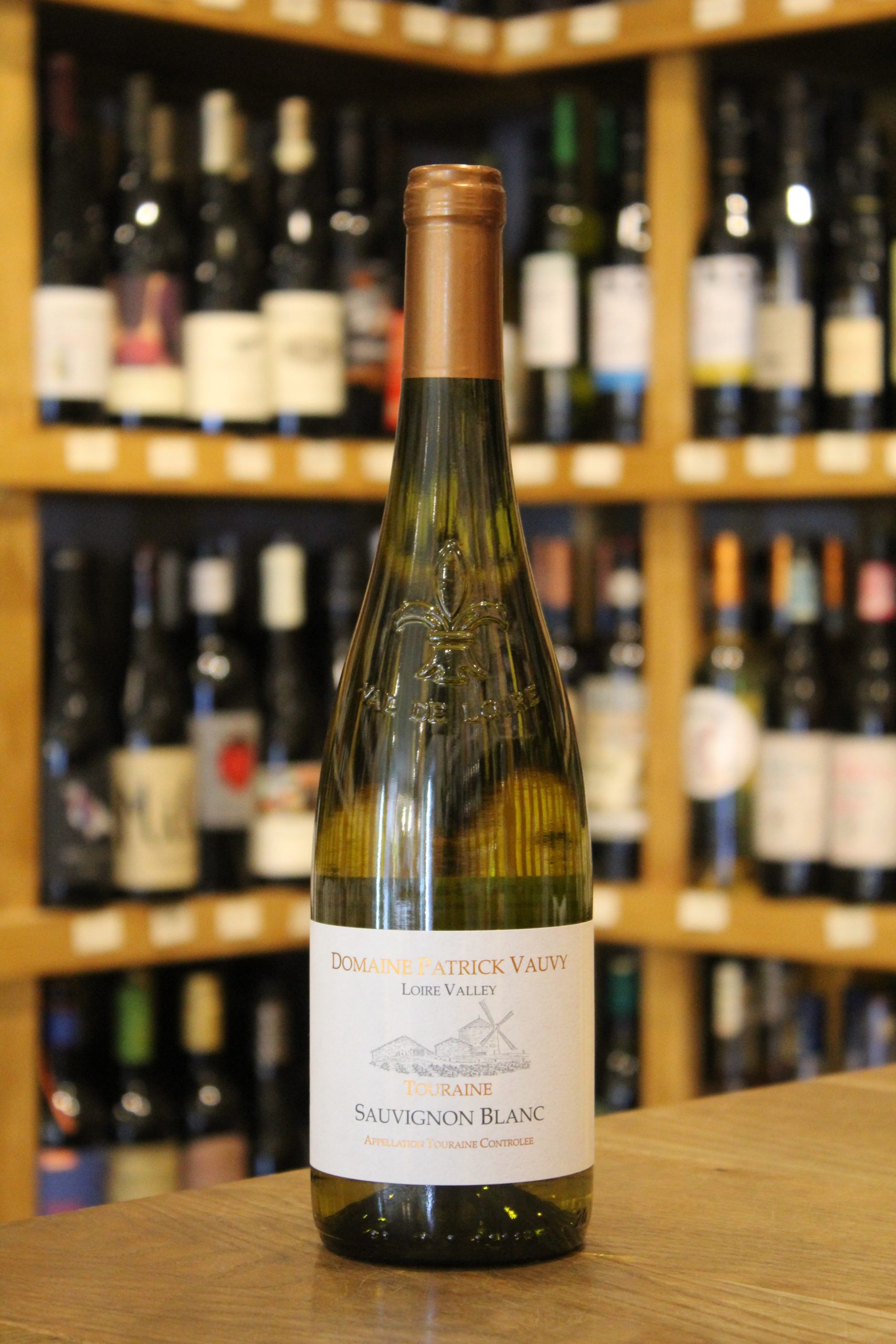Description
Open ruby color. Intense nose, notes of crushed fresh strawberry, some vegetable. Fresh, textured attack, good acidity, the aromas of the nose are repeated. Excellent persistence. Very elegant and fresh, excellent for the transition between fish and meat, for more complex fish and light meats.
António Maçanita is interested in exploring unique terroirs, he makes wine in Alentejo, the Douro, the Azores and most recently Madeira. The Porto Santo project was born from conversations with his good friend, Nuno Faria, a sommelier, and restaurateur who owns Michelin starred 100Maneiras in Lisbon. Nuno is from Porto Santo, geologically one of the oldest islands of the Portuguese archipelago of Madeira. During the Covid lockdown Nuno was based on the island, and he talked and shared photos of the old vines there with António. There’s a long history of grape growing, it was the original source for Madeira wines, but today only 14 hectares of vineyards remain. Porto Santo is strikingly different to the island of Pico in the Azores, where António also works. Porto Santo is dry and the soils are calcareous. The grapes varieties found in the Azores are descended from those you find in the north of the Iberian Peninsula, the varieties of Porto Santo – Caracol and Listrão (Listan Blanco/Palomino Fino) – from varieties you find in the south of the peninsula. António couldn’t resist, he had to explore the potential of this place. The vineyards he works with belong to small traditional farmers; they aren’t certified but the viticulture would be described as low intervention. They manually weed with a hoe, and only use copper and sulphur in the vineyard, although the dry windy climate on the island means disease pressure is low. The 80-year-old vines are trellised close to the ground to protect them from the wind and are often protected by low stone walls known as ‘muros de crochet.’ One of the biggest challenges here is the lack of rain, but the porous calcareous soils store what falls
Organic Farming
12.5% / 75cl




